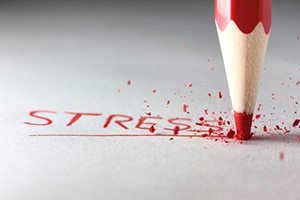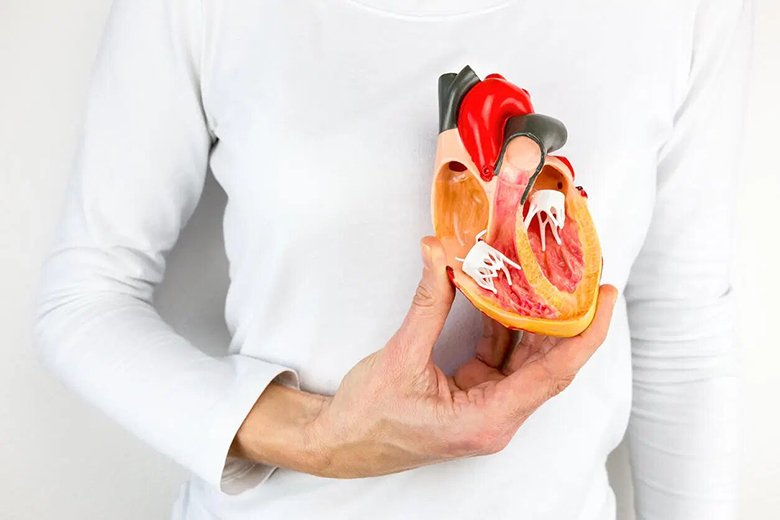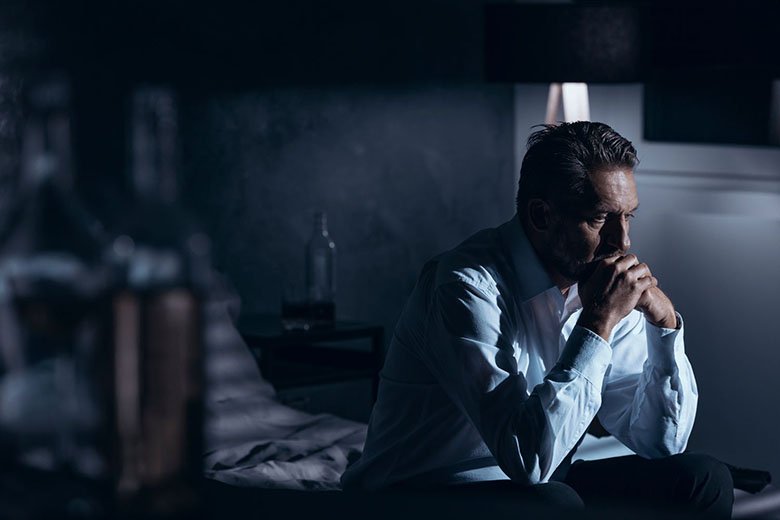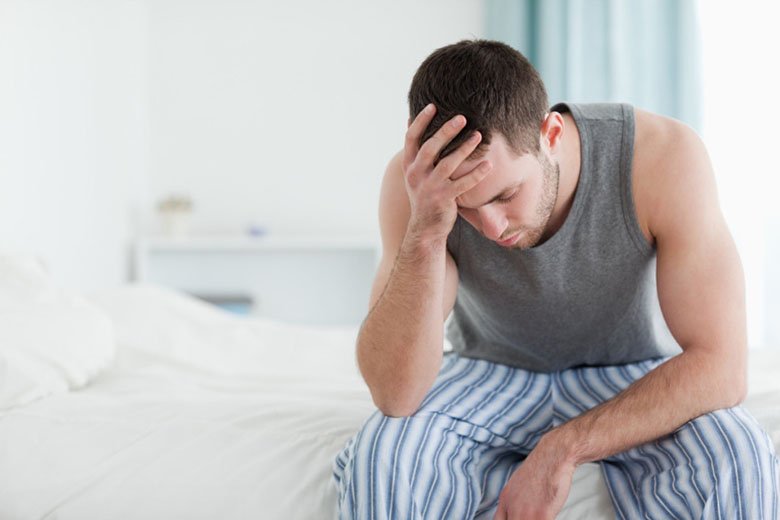Daily routine, troubles, and challenges at work and a fast pace of life bring a lot of stress to the life of an average working adult. Day by day we get used to it and may even not notice how harmful the stress for the health is.
The mechanism of stress
To support the normal functioning of the human organism under stress, special hormones called cortisol and adrenaline are secreted. If produced for a limited period of time, they help the body cope with a stressful situation. These hormones trigger:
- Increased heart rate;
- Elevation of the blood pressure;
- Raise of the blood sugar levels;
- Promote a stronger response of the immune system;
- Slow down the digestive processes;
- Lower the reproductive function;
- Activate fear.
The physical effects of durable stress hormones secretion
In case a person is under continuous stress, the changes in the hormonal levels start working against him or her. People may evolve:
- Cardiovascular disease. An increase in the blood pressure may progress into hypertension and heart disease. In addition, an individual may feel the changes in the heart rhythm and even have a heart attack or stroke. Furthermore, high blood pressure will gradually harm the inner lining of the blood vessels. As a result, the appearance of atherosclerosis is only a question of time.
- Diabetes and prediabetes. Excessive amounts of glucose in the blood may become usual if you are always under stress. Hence you may evolve type 2 diabetes. This ailment affects the condition of all organs and systems and may significantly worsen the quality of life.
- Frequent colds. Being always alert, the immunity may get worse over time. As a result, any light infection or virus may grow into a huge problem and serious disease.
- Erectile dysfunction. Hypertension and high blood sugar may damage the blood vessels supplying the pelvic organs. Hence, gaining a strong and lasting erection may become problematic.
These are only some of the possible problems. In fact, their quantity is much bigger.
Emotional and mental health issues caused by stress
Except for numerous physical troubles, people often get a bunch of mental health problems. Excessive excitability may result in:

- Aggressiveness;
- Anxiety;
- Fatigue;
- Depression.
All these may be dealt with if you learn to control your emotions and cope with stress. Don’t let anything and anyone make you feel stressed. Stay calm and healthy!






























